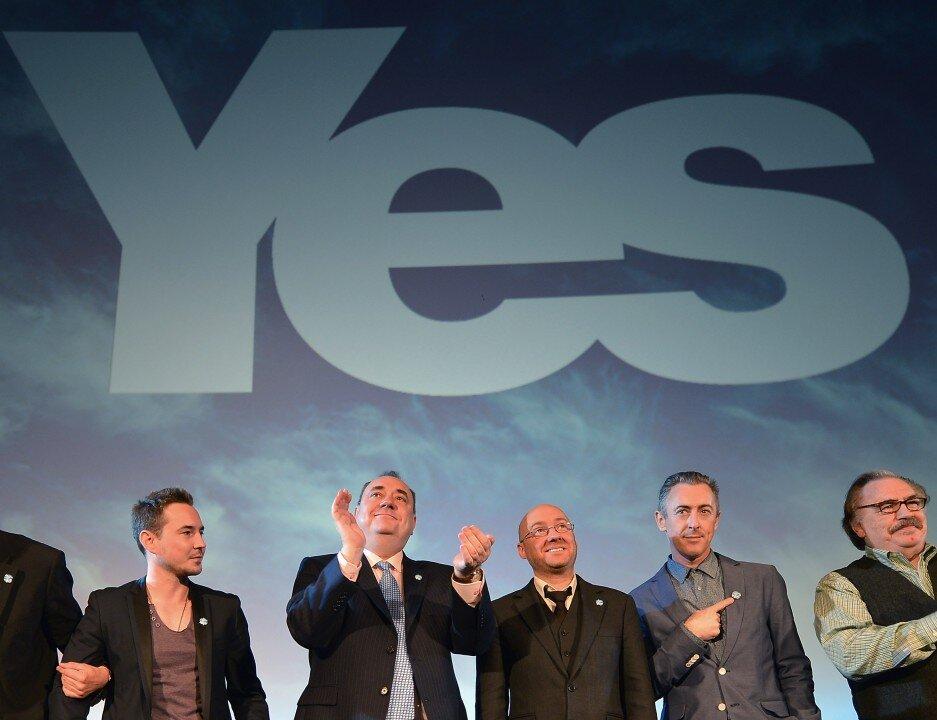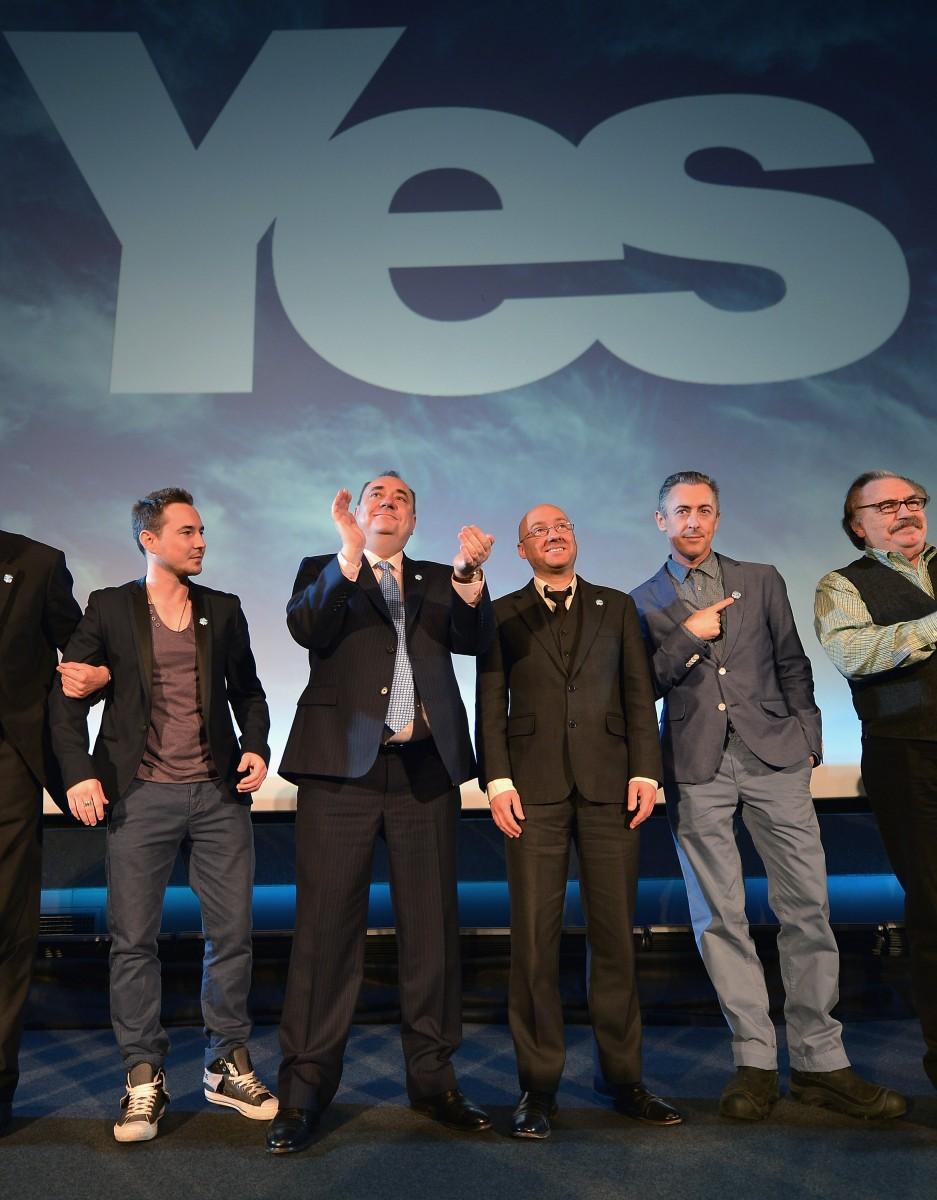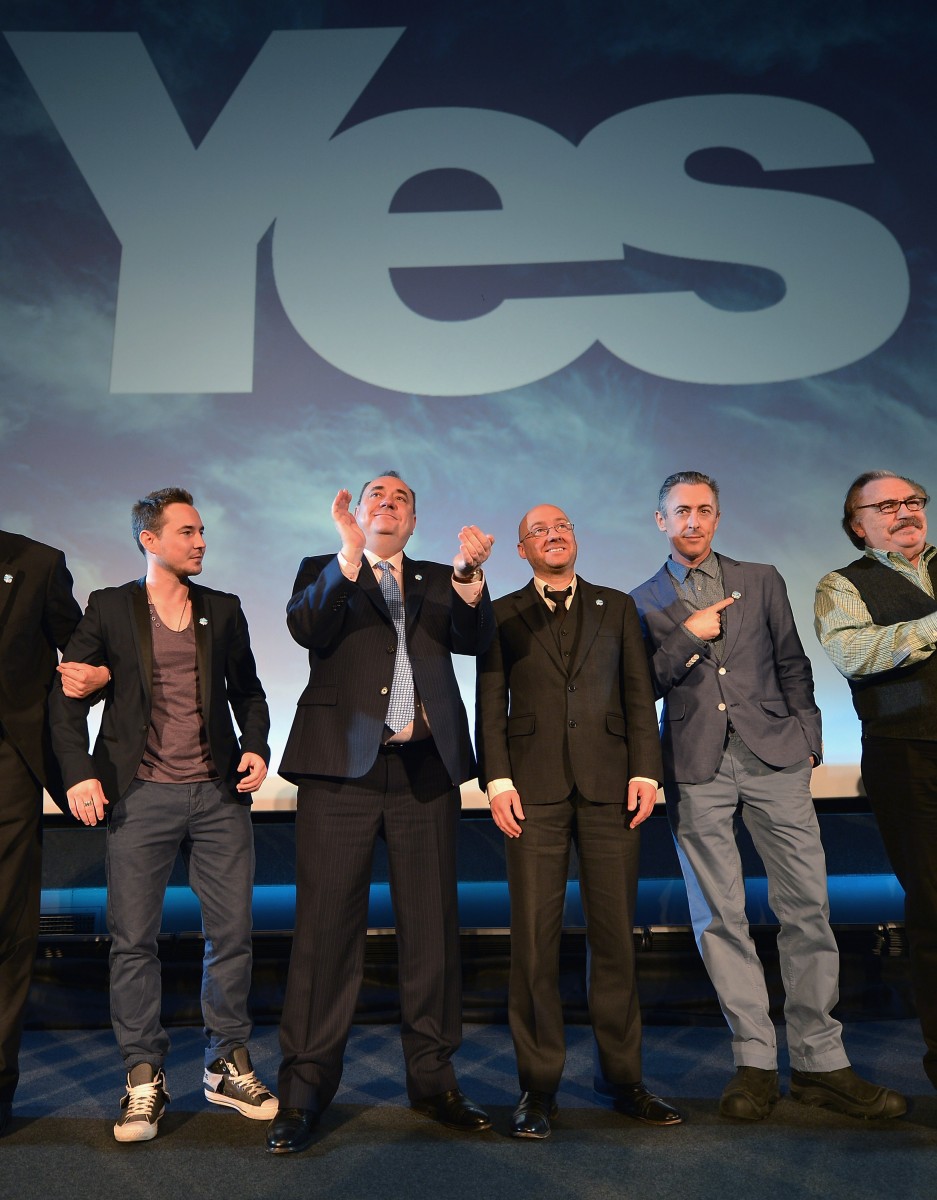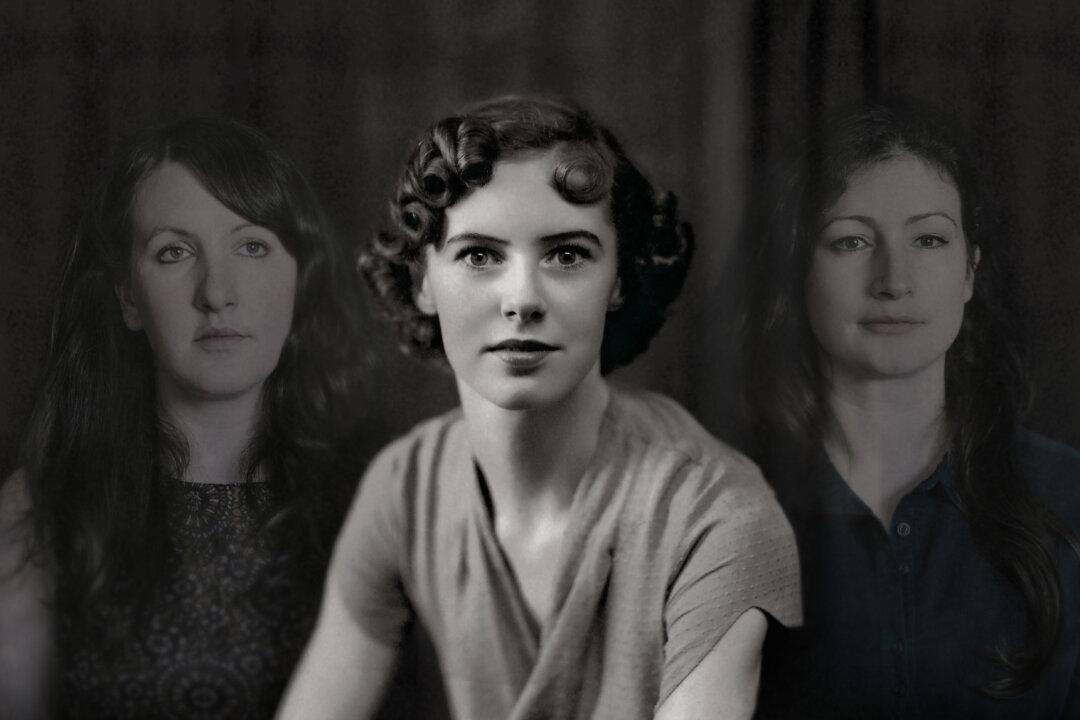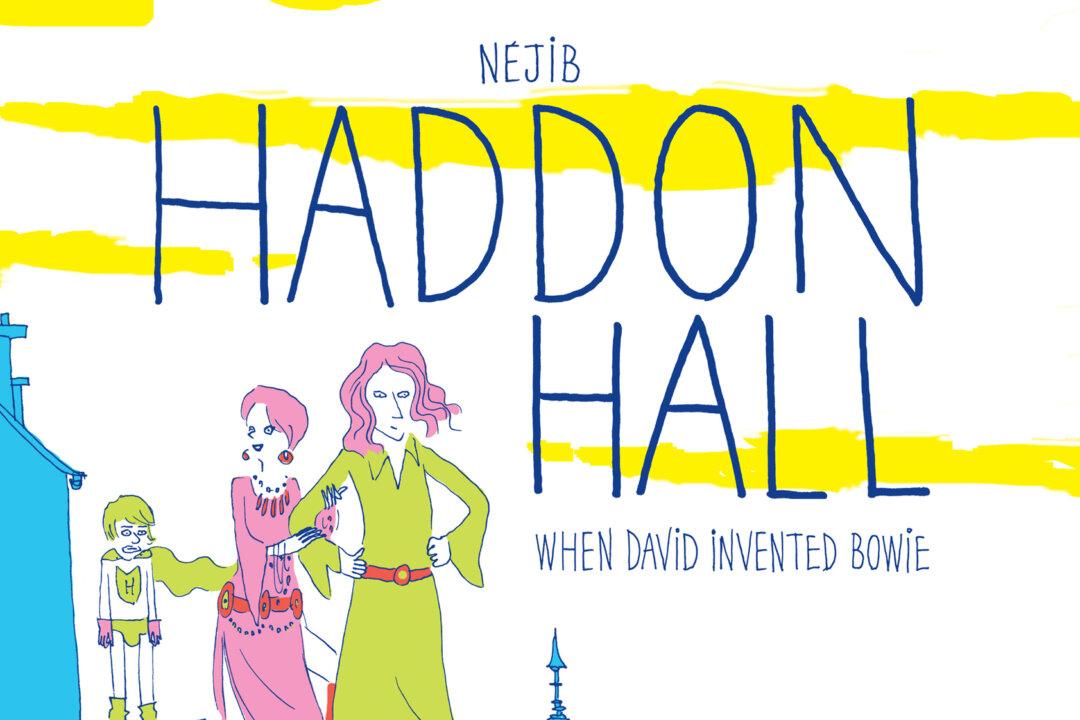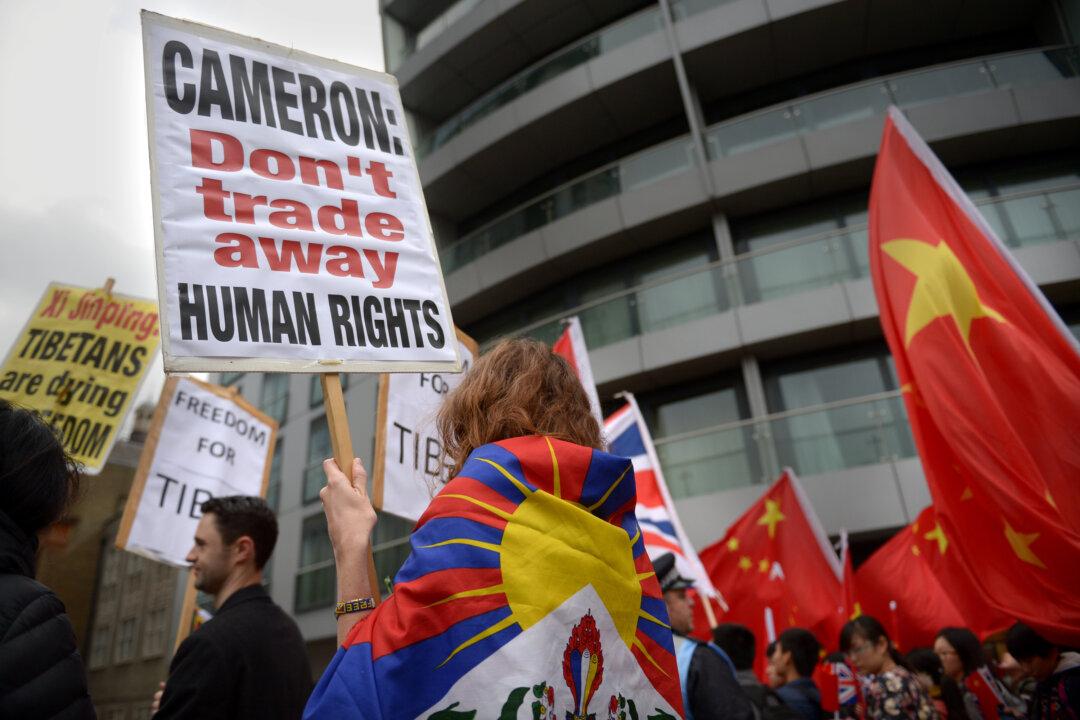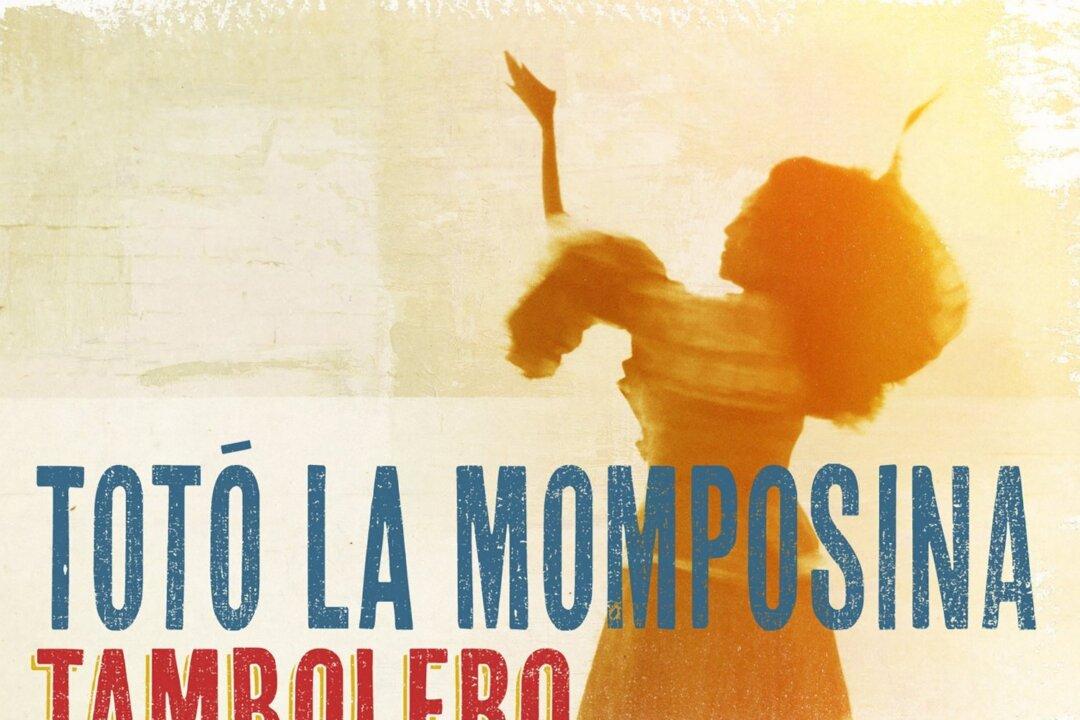The campaign for a Yes vote for Scottish independence was launched with much glitz, hype, and celebrity endorsement at an Edinburgh cinema on May 25, including that of actor Sean Connery and poet Liz Lochead.
Rousing Scottish music and poetry was the order of the day, as a number of minority parties, most notably the Greens, joined forces with the Scottish National Party in the campaign to overturn the 305-year-old Act of Union that binds Britain together. The referendum will take place in autumn 2014.
Alex Salmond, the SNP leader and First Minister, was the first to sign what aspires to be a million-strong declaration for independence. He insists there is a momentum towards independence and claims that the issue is about self determination. He said at the launch, “The people who live in Scotland are best placed to make the decisions that affect Scotland.”
However, a YouGov poll published the day before the big launch showed that 57 per cent of respondents said they would vote against independence, while 33 per cent said they would support it.
It also showed that of the voters who backed the SNP in the 2011 Scottish elections, only 58 per cent support independence.
Brushing this aside, Angus Robertson, the SNP’s campaign director, said: “The referendum isn’t happening tomorrow, as the poll tries to pretend.
“Today is the start of the biggest community-based campaign in Scotland’s history, offering a positive, inclusive vision of Scotland’s future as an independent nation – and we are extremely confident of winning the trust of the people and achieving a yes vote in autumn 2014.”
The cross party anti-independence campaign is also due to launch soon. Michael Moore, the UK government’s Scottish Secretary, told the BBC’s Sunday Politics programme in Scotland: “We’ve got the biggest decision in 300 years facing all of us who live here in Scotland. I think that this will basically come down to a simple proposition – that we are stronger as part of the United Kingdom and weaker apart.”
Given the current crisis in the eurozone, the SNP’s position is that an independent Scotland would retain sterling as its currency and only consider a referendum to join the eurozone at some future date.
However, many commentators claim that keeping the pound would undermine claims for independence.
On his website, former Labour Chancellor of the Exchequer Alistair Darling, who is strongly opposed to independence, claims that keeping the pound means “the country would need to play by the rules set from outside”, as it would be subject to currency controls by the Bank of England.
Independence would make no real sense as “the country would still be in an economic union with the rest of the United Kingdom”.
The Epoch Times publishes in 35 countries and in 19 languages. Subscribe to our e-newsletter.
